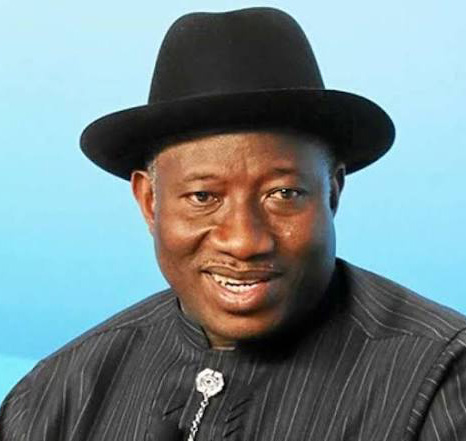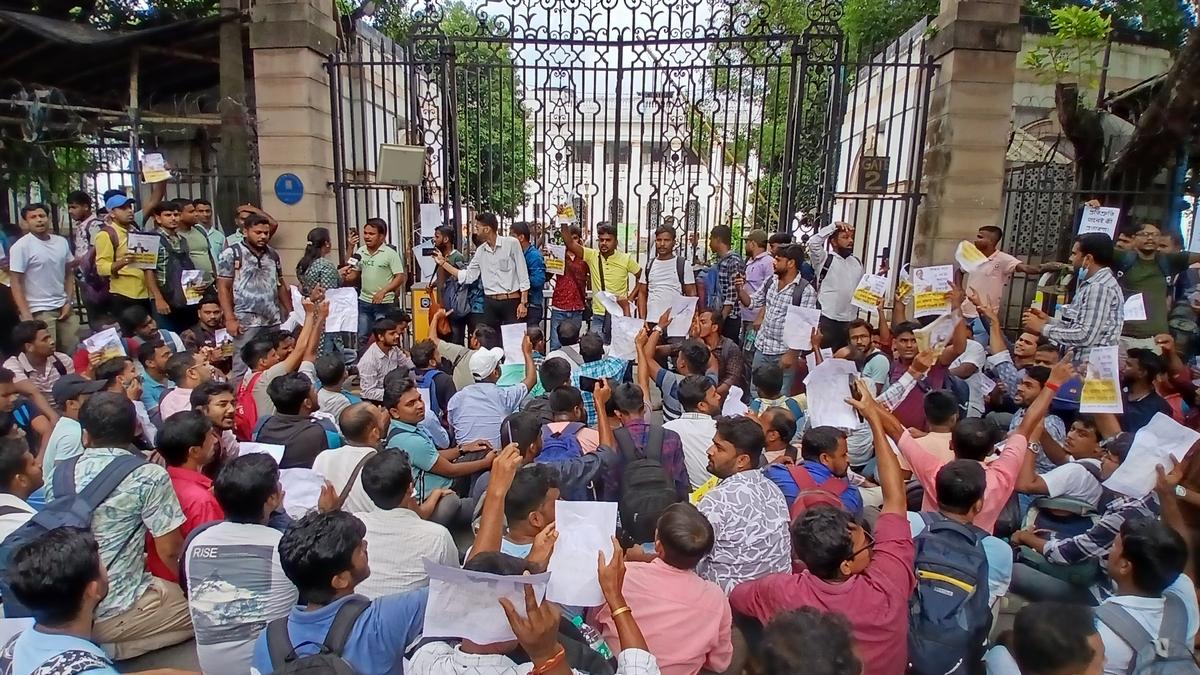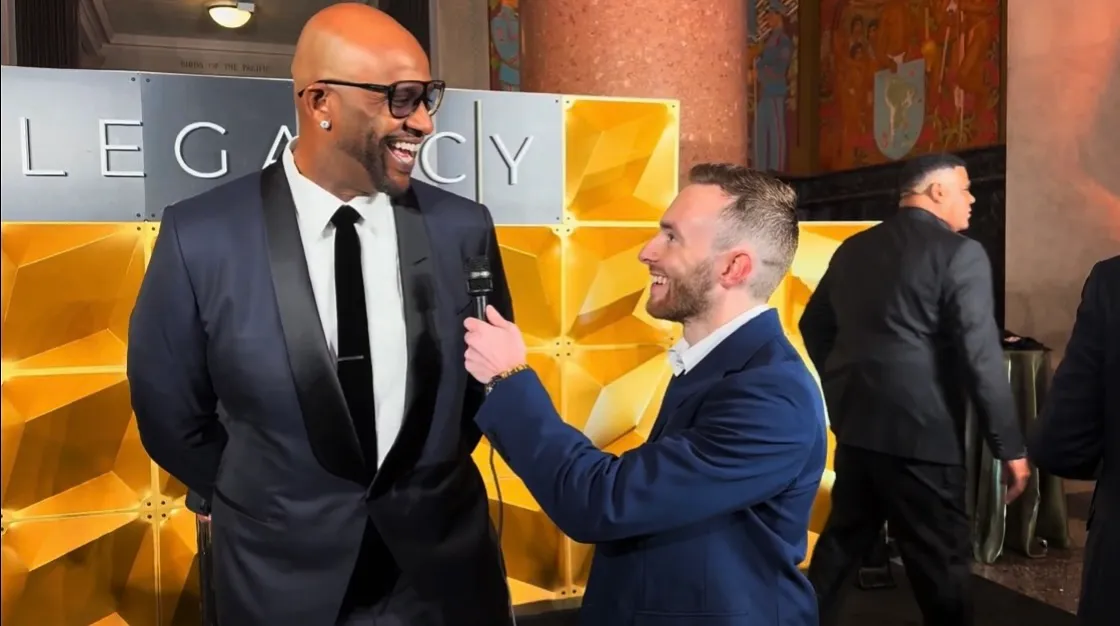By ABDULLAHI D MOHAMMED
Copyright independent

It’s approximately one year, four months and a couple of days before 2027, the year for the much-anticipated political show-down in Nigeria. For some, it is a long, slow agonizing period before the D-Day. Others consider it incon-ceivably a brief duration. In essence, 2027 seems far, yet so near.
Predictably, political actors have begun recalibrating and are engaged in high-pitched realignments to outdo one another in this seemingly murky terrain — politics. The highpoint of all of these are intriguing stratagem, endless artifice and a dangerous race to outwit and crush any perceived political adversary — both imaginary or real. After all, it was the German scholar and political thinker, Carl Schmitt, that sees “politics as funda-mentally involving strategic intelli-gence and inherent danger through the distinction of friend and enemy”.
However, whether far or near be-fore 2027, the political space is fully charged, the atmosphere filled with heightened anxiety, deliberate mis-information and calculated strategy to take out perceived enemies. So far, gladiators from across political parties have indicated interest to run. Front-line figures, who are not strangers to the turf, have defiantly thrown their hat in the ring. Notable are incum-bent president, Bola Tinubu, of the APC, Atiku Abubakar, Peter Obi and others.
But the purported or rather an-ticipated entry of former president, Goodluck Ebele Jonathan, fondly called GEJ, into the 2027 race, is quiet consequential, capable of reshaping the entire political history of the coun-try. The prospect of a possible runoff is imminent, considering the clout and calibre of current various pres-idential hopefuls. The knotty issue of two thirds majority and securing 25% across each state would certainly play out.
Should GEJ, decide to run, a pos-sible scenario is, he might pull the Ghana-Mahama gambit. Just like in Ghana, during former president Nana Akufo Addo, the vast majority of Nige-rians are disillusioned with the Tinu-bu administration’s economic polices which spiked cost of living, further plummeting millions into avoidable pit of lack, and socioeconomic depri-vation.
A Jonathan comeback would have broader implications for North-South presidential zoning arrangements. For instance, the PDP, recently zoned its presidential ticket to the South, which is rational and politically expe-dient, given Nigeria’s complex region-al and emotional kinship affiliations. After Buhari’s eight uninterrupted years, the South should rightly en-joy their slice of the presidential pie in peace. That of course should not restrict the presidency to the APC, Southwest, or Tinubu alone.
In recent weeks, the APC camp let loose their spin doctors, who are un-leashing and churning out daily bar-rage aimed at undermining a possible Jonathan comeback. The playbook of these data boys, which are carefully packaged, are to come in phases. First, create a needless buzz online, on the constitutionality of Jonathan seeking another term. Second, take a direct jab, or hit at the entire Jonathan’s presidency, (2010-2015) exploring his many gaffes in policy implementation. Third, Jonathan must be portrayed as weakling, incapable of taking firm and critical national decision.
But on the contrary, a quick assess-ment of three significant polices of the Jonathan administration — Econ-omy, Infrastructure and Electoral Re-forms, punched a hole in the claim.
Jonathan significantly trans-formed Nigeria’s economy to the point that, in 2014, when our GDP was re-based, we became the largest econo-my in Africa, surpassing Egypt and South Africa. His economic policies were practical, rather than mere fig-ures, indices and fancy-talk. Inflation was stable and food security guaran-teed. The policy entrenched market stability which led to significant boost, thereby attracting significant foreign direct investment and improving rev-enue collection.
The Jonathan administration implemented significant electoral reforms, which deepened democracy and improved the country’s elector-al process, culminating in the most credible elections held in 2011. He personified democracy and civility far more than his contemporaries. His historic peaceful concession of defeat in 2015 was hailed globally as a strong example of democratic maturity and commitment to peace and stability, a trait hardly found in Africa.
In terms of infrastructural devel-opment, the Jonathan administration revived Nigeria’s railway system, eg, (Abuja-Kaduna), massive road net-works, and upgraded several airports. Similarly, he established multiple new federal universities across the geopo-litical zones. His unforgettable lega-cy, for me, is the establishment and reorganizing the Almajiri Education Program, which successive adminis-tration refused to sustain.
In area of security, the basis upon which he was voted out, (Boko Ha-ram insurgency), especially the re-sentment in northern Nigeria, facts showed slow, but calculated efforts were made by his administration in combating the challenge. Those that precede him have not done any better either.
In reality though, assertions of Jonathan’s ineptitude are baseless. They’re simply part of a deeper grand scheme to stop Jonathan. If anything, it is an act of desperation. It shows how jittery the establishment people are. Jonathan has the constitutional, moral, logical and legitimate right to run for president, in 2027. So, my take is, Dear President Jonathan, Run, do not run away, as doing so will play right into the hands of those who hate progress of the country.
* Mohammed, a policy analyst, is the Direc-tor Initiative for Concerned Citizens Against Drug Abuse and Community Awareness



